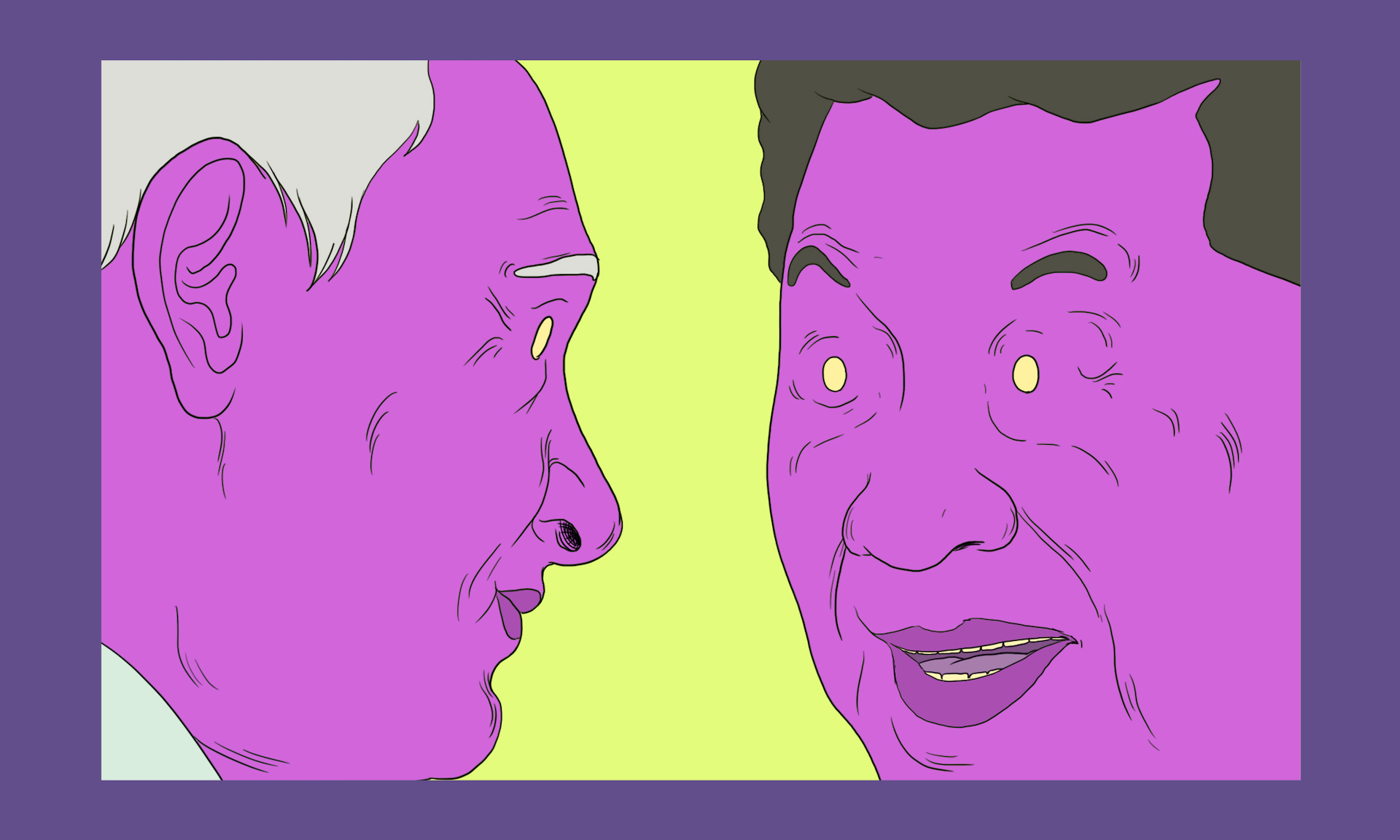What you need to know about the Russia-Ukraine war and China
The Chinese Foreign Ministry has expressed a great deal of support for Russia but only some support for its invasion of Ukraine.

Vladimir Putin has declared war on Ukraine, vowing to “demilitarize” and “denazify” Ukraine.
In today’s press briefing, Chinese government spokesperson Huà Chūnyíng 华春莹 repeatedly told off the U.S. (in English, Chinese) but declined to criticize Russia.
Beijing balancing: Diplomatic and PR strategies
Throughout the conflict, Beijing has struggled to balance its security ties to Russia with its economic interests in the EU and the United States. After initially (and deniably) offering support for Putin’s position in November, the CCP tried to avoid commenting on the crisis in Ukraine. Beijing has sought to maintain strategic silence and ambiguity, going so far as to shutter the People’s Daily Russia foreign affairs section.
Beijing’s recent record of supporting Putin
On February 4, the day of the Winter Olympics Opening Ceremony, Xí Jìnpíng 习近平 and Vladimir Putin held a bilateral summit in Beijing – Xi’s first in-person meeting with a foreign official in nearly two years. The two sides issued a joint statement where Beijing stated that: “The Chinese side is sympathetic to and supports the proposals put forward by the Russian Federation to create long-term legally binding security guarantees in Europe.” While the statement – importantly – did not explicitly define Russian core interests or commit the P.R.C. to taking any action in support of Moscow, it nevertheless served to anchor political ties between the two governments and limit Putin’s isolation just before the invasion.
The CCP engaged in some damage control since the joint statement, in an effort to prevent the bottom from falling out in its relationship with Europe and North America. The Chinese Ministry of Foreign Affairs has – still – not issued its own English-language version of the joint statement; Chinese diplomats “leaked” that the joint statement was causing unease in the Chinese foreign policy community; Xi called for a “political settlement” and “full use of multilateral platforms” in a conversation with the French president; and the People’s Daily expressed concerns about a conflict’s implications in English-language articles. Finally, the Chinese Foreign Minister, Wang Yi, said at the February 19 Munich Security Conference that every country’s sovereignty, independence, and territorial integrity must be safeguarded – and that “Ukraine is no exception.”
At a February 23 press conference, however, Foreign Ministry Spokesperson Hua Chunying criticized the United States, saying that “the U.S. has been sending weapons to Ukraine, heightening tensions, creating panic and even hyping up the possibility of warfare…. When the U.S. drove five waves of NATO expansion eastward all the way to Russia’s doorstep and deployed advanced offensive strategic weapons in breach of its assurances to Russia, did it ever think about the consequences of pushing a big country to the wall?” Finally, in a February 24 call with Lavrov, Wang Yi said that “we understand Russia’s legitimate concerns on security issues.”
China’s public diplomacy strategy crisis appears to have three components: blame the U.S., support Russia (but quietly, indirectly, and only when necessary), and minimize damage to EU-P.R.C. relations. These last two elements of this strategy are in obvious tension and may be difficult to sustain.
China’s relations with Russia and Ukraine
China is an important player in both Russia and Ukraine. Beijing and Moscow have formed something of a political entente; conducted ~$146 billion USD in bilateral trade in 2021; and are generally expanding military and technological cooperation, despite noteworthy hesitation. China is Russia’s single-largest trade partner, with the exception of the EU, and Moscow hopes to greatly expand oil and natural gas export to its energy-hungry neighbor. Russia’s overland natural gas and oil pipelines also contribute significantly to Chinese energy security.
China’s ties with Ukraine are less important, but not insignificant. Bilateral trade totaled $17 billion in 2021 and was primarily concentrated in ores and agricultural products. Ukraine is an important agricultural player, and Chinese state media has also repeatedly stressed in recent months the country’s role as a transit country for China-to-Europe rail freight.
The conflict’s implications for China
It is impossible to know how a war will impact China in the short, medium, and long terms. Nevertheless, some outcomes appear likely.
Energy prices and inflation will rise significantly in the short term, weighing on Chinese and world GDP growth in 2022 (and possibly beyond), and further stressing Chinese property developers. Russia is the world’s second-largest crude oil exporter (and the second-largest source of crude for China, after Saudi Arabia), so any Western sanctions will have unpredictable consequences for energy markets and energy-exposed sectors of the Chinese economy.
Over the medium term, Chinese compliance with sanctions is a major unknown. China largely complied with Crimea and Donbas-related sanctions in the first crisis, but Beijing has become stronger and more assertive since 2014. Importantly, Beijing may regard Ukraine-related sanctions as a test run for a future crisis in Asia. Beijing’s interests and initial reaction to the crisis suggest it will lean to one side when implementing Russia-related sanctions.
The most consequential outcome of the Russia-Ukraine conflict may be its effect on bloc politics. Strict U.S. and EU sanctions on Russia appear inevitable; there is also strong momentum for sanctions across the Indo-Pacific as Singapore, South Korea, Japan, and Taiwan have all expressed willingness to punish Russia’s invasion of Ukraine. Barring some dramatic policy reversal from Beijing in the days ahead, the P.R.C.’s relations with Europe will very likely deteriorate, driving the U.S. and EU closer together. A Russo-Ukrainian conflict may ultimately sharpen geopolitical divides between the Washington/Brussels-led democracies and a smaller but very powerful Beijing-Moscow axis of autocracies.






